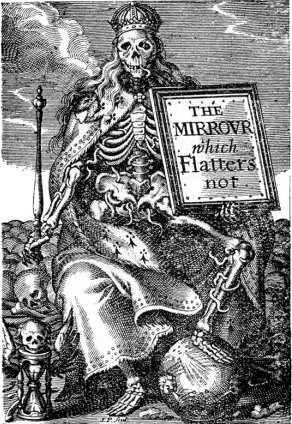Well thank God #7: Sagging and the new sumptuary laws
A couple years ago, the Virginia state legislature took bold action against a grave and gathering threat to democracy, freedom, and our way of life:
The House of Delegates voted 60 to 34 Tuesday to impose a $50 fine on anyone found wearing pants low enough that a substantial portion of undergarments is showing. Note the vote: It wasn’t even close.
…
About those pants: Lots of kids these days are conducting a large-scale experiment to see if trousers can defy gravity. This results in the widespread public exposure of underpants.
This greatly offends Del. Algie Howell Jr., a Democrat from Norfolk and author of the no-low-pants bill, which still faces a vote in the generally more skeptical Senate.
People that live in my neighborhood don’t want to have to see undergarments,Howell told me.It’s not about individual rights; it’s about values. I own a group home; we take in kids who’ve been in trouble. Most of the men who come in in shackles and handcuffs are trying to hold up their pants. The way you dress does have something to do with how you behave.Since the state has an interest in fighting unemployment and crime, Howell figures the state is right to ban a practice that he says makes young people less attractive as employees and more likely to turn to crime.
— Marc Fisher, Washington Post (2005-02-10): Droopy Drawers Drive Va. House To Distraction
Now here’s the latest from Delcambre, Louisiana:
The Delcambre Board of Aldermen outlawed indecent exposure in the form of sagging pants Monday, but not before several residents voiced their objections.
The board voted unanimously to make it illegal for anyone to wear clothing that exposes them or reveals their underwear in public.
The ordinance states,
It shall be unlawful for any person in any public place or in view of the public to be found in a state of nudity, or partial nudity, or in dress not becoming to his or her sex, or in any indecent exposure of his or her person or undergarments, or be guilty of any indecent or lewd behavior.It is punishable by up to a $500 fine or up to six months in jail, or both.
Delcambre Police Chief James Broussard said violators can be arrested if officers spot them while on patrol, or if another resident files a complaint.
— Jeff Moore, The Daily Iberian (2007-06-12): Sagging bagged by town
Radley Balko informs us that there is a movement afoot amongst the Real Americans, in both Red states and Blue:
Moreover, civic organizers in Atlanta, Detroit, Nashville, Tenn., and Birmingham, Ala., are planning antisagging rallies, says Pastor Dianne Robinson of Jacksonville, Fla., who last week handed out 78 donated belts at a
belt rally.This sagging of the pants is to me a defiant act, and it has all kinds of implications,says Ms. Robinson, who is black.If you can’t get up in the morning and pull your pants up, that says a lot about you, even if I don’t know anything about you.–quoted by Radley Balko, The Agitator (2007-07-20): Droopy Drawers Banners See Cracks in Opposition
Now that we already have a professional cadre of bureaucrats running behind us all, yelling You’ll put an eye out with that!
and Don’t drink that, it’ll stunt your growth!
, how could our statesmen and civic organizers
possibly refuse their duty to set the Law running around after people wearing dress not becoming to his or her sex
[sic!] and black kids committing defiant acts,
screaming You’re not going out like that, are you?!
and Don’t you take that attitude with me, young man!
